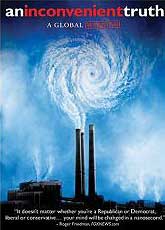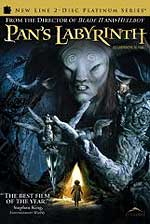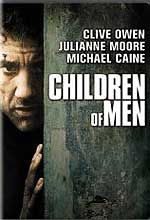The poll was conducted in the third week of June 2007.
“These results reflect an essential Canadian tendency,� said pollster Bruce Anderson. “We are pretty secular, but pretty hesitant to embrace atheism.�
The belief that God had a direct or indirect role in creation was widespread among the 1,000 respondents questioned between June 21 and 24. A majority of those polled held this view in every region of the country, in rural and urban areas, and regardless of education.
And there were a few surprises: Conservatives were more likely than Liberals to say that God had no part in the process, and Alberta, regarded as the birthplace of social conservatism, had one of the lowest levels of beliefs for strict creationism at 22 per cent.
But in this controversial area, the devil is in the breakdown of the numbers.
For instance, while Liberal party voters were more likely than Conservatives to credit God with some contribution to creation, Conservative voters were less likely to write God out altogether. Only 22 per cent of Tory respondents said God had no role, as opposed to 31 per cent of Liberals.
Liberal respondents were far more likely to be what could be termed “soft evolutionists� or “soft creationists,� with 41 per cent saying God guided the process of human development, as opposed to 34 per cent of Conservatives seeing creation in those terms.
Regionally, Quebec respondents were by far the most likely to say God’s role in creation was a delusion, with 40 per cent saying the evolutionary process had no interference from an intelligent designer.
British Columbia respondents were the next sub-group who could be termed strict evolutionists, with 31 per cent saying God was not involved. Least likely to hold this view were respondents in the Prairie provinces — 21 per cent.
The findings suggest the least educated were most likely to be creationists, as were respondents living in rural Canada.
Among respondents without a high-school diploma, 37 per cent said they believed God alone created humans less than 10,000 years ago, whereas only 15 per cent of university-educated respondents were strict creationists.
Rural respondents also had a plurality who believed in strict creationism at 34 per cent, whereas only 22 per cent of urban dwellers said they believed God alone created humans.
Anderson said the findings suggest Canadians lack consensus on creation, but also don’t view the issue as polarizing.
“It’s more as though for many, these feelings are unresolved,� he said. “We believe in a higher being, we know what we don’t know, are comfortable not knowing, and choose not to press our views upon one another.�
That is not the case in the United States, where similar polls have suggested Americans are more polarized on the subject. In a recent U.S. poll, 45 per cent said God created humans, and 40 per cent said evolution was God guided. Only 15 per cent said God played no part in creation.
These results accord well with the informal polls I conduct when I teach my Genesis course as well as with my own general impression based on anecdotal evidence.

 Happy Canada Day!
Happy Canada Day! 8. An Inconvenient Truth (Davis Guggenheim, 2006;
8. An Inconvenient Truth (Davis Guggenheim, 2006;  4. The Departed (Martin Scorsese, 2006;
4. The Departed (Martin Scorsese, 2006;  1.
1.